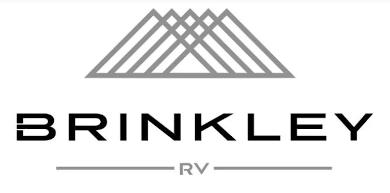Trump to Sign Off on Aluminum Tariffs Next Week
President Donald Trump said he plans to impose steep tariffs on steel and aluminum imports, which would be one of his toughest actions yet to implement a hawkish trade agenda that risks antagonizing friends and foes alike.
This story by Eric Kulisch and Bloomberg appeared in Automotive News.
Trump, during a meeting with steel executives Thursday in the White House, said he plans to announce tariffs of 25 percent on steel and 10 percent on aluminum from all countries. He’ll be signing off on it next week, he said.
One person close to the president earlier said the details of the decision may still change, and it’s possible some countries may be granted exemptions.
The RV Industry Association said these new tariffs will negatively affect the RV industry and its many supplier companies that use steel and aluminum, even those who source their steel and aluminum from domestic producers. With these new tariffs, the cost of imports will significantly rise, said RVIA, but it is also expected that the price of domestic steel and aluminum will increase.
RVIA staff has been involved in many meetings on Capitol Hill and at the Department of Commerce on this issue and will continue to advocate on the behalf of the industry. Once the tariffs are formally signed, RVIA will update members on the specific provisions.
The decision is a defeat for the auto industry, which had been urging the president not to follow through on recent Commerce Department recommendations to limit steel and aluminum imports, arguing that measures intended to shore up U.S. material producers would end up undermining the competitiveness of the domestic auto industry.
The Detroit 3 say the proposed combination of tariffs and quotas would raise their costs, even though most of the raw materials are obtained in the U.S., while suppliers say they must rely on imports for specialty products and should be exempted from the proposed limits.
Steel and aluminum users can seek exclusions from the tariffs and quotas if they can make the case that there isn’t enough U.S. production capacity or the right product to meet their needs. But the supplier industry says it doesn’t want individual companies to have to go through a burdensome government process and face interruption to their supply chains, especially with specialty materials and components.
Automakers contacted by Automotive News had downplayed the potential effect of the proposed import limits on their operations, saying they use very little imported steel and aluminum. Ford sources 95 percent of its steel and 98 percent of its aluminum from domestic mills, spokeswoman Christin Baker said. The company is a large buyer of lighter-weight aluminum, which it began using in recent years in body panels for F-series pickups and large SUVs.



